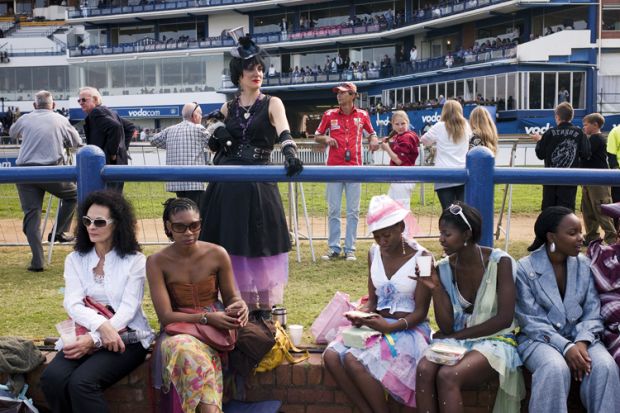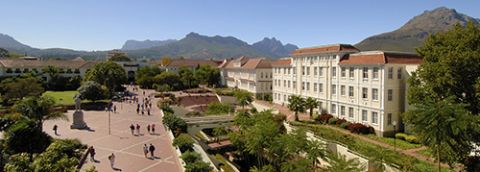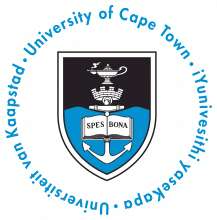South Africa’s university system may no longer be segregated by race, but it continues to be plagued by “equally serious social inequality”, a scholar has claimed.
Based on an analysis of admissions data, David Cooper, emeritus associate professor of sociology at the University of Cape Town, found that class plays an increasingly significant role in the educational prospects of young South Africans and that the “Africanisation” of some traditionally white institutions has stalled.
In a paper published in Higher Education Quarterly, Professor Cooper says that in the first years after the abolition of apartheid there was a significant influx of black students at historically white universities, and that the number of white students recruited by many elite institutions declined.
He highlights, however, that by 1998 black students still represented a low proportion of master’s and PhD students, and their recruitment was concentrated outside the sciences, engineering, commerce and medicine.
In addition, many historically black universities experienced a decline in student numbers between 1993 and 1998.
After 2000, while the racial composition of the student cohort continued to shift at the University of the Witwatersrand and the University of KwaZulu-Natal (created in 2004 from a merger of two institutions), the pace slowed at the universities of Cape Town and Pretoria, and Stellenbosch University.
According to Professor Cooper, these five are seen as elite institutions, performing strongly in research output and in the number of postgraduate qualifications they award. However, several recruit relatively few students with working class or even lower middle class backgrounds.
In contrast, lower-ranking universities that do not perform as well in research and postgraduate numbers continue to enrol large numbers of black students. But anecdotal evidence suggests that black students from professional and upper middle class households do not seek entry to these institutions, Professor Cooper says.
These trends, he argues, “reflect a higher education system that has shifted since 1988 from one that reproduces serious social inequality based particularly on ‘race’ categories to which students are assigned, to one that reproduces an equally serious social inequality based, by 2012, on students’ ‘race-class’ position”.
THE’s inaugural Africa Universities Summit takes place later this month.
POSTSCRIPT:
Print headline: South Africa: is class, not race, now the issue?
Register to continue
Why register?
- Registration is free and only takes a moment
- Once registered, you can read 3 articles a month
- Sign up for our newsletter
Subscribe
Or subscribe for unlimited access to:
- Unlimited access to news, views, insights & reviews
- Digital editions
- Digital access to THE’s university and college rankings analysis
Already registered or a current subscriber?









